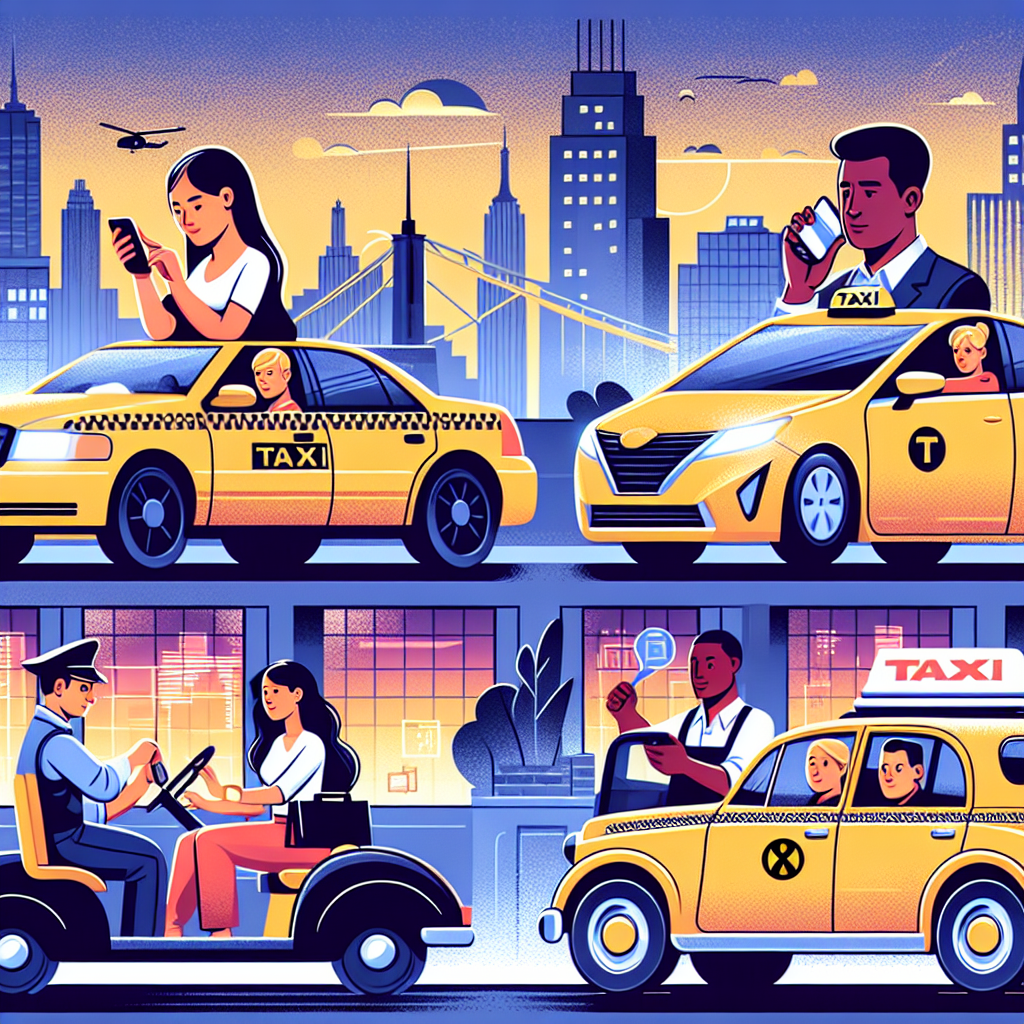Survival Tactics of Nairobi's Taxi Drivers Amid Ride-Hailing Price Wars
Judith Chepkwony and her fellow taxi drivers in Nairobi are grappling with unsustainable fares due to fierce competition among ride-hailing companies like Uber and Bolt. Faced with mounting costs and low commissions, drivers are setting their own higher rates. This has led to clashes with companies and inconvenience for customers.

Judith Chepkwony, a taxi driver in Nairobi, comments on the worst business conditions she has faced in her eight-year career.
The fierce price war between Uber, Bolt, and local start-ups like Little and Faras has driven fares to unsustainable levels. In response, drivers like Chepkwony are independently setting higher rates to cope with rising living costs and loan repayments. "Most of us have these cars on loan and the cost of living has risen," she stated. If customers refuse to pay the higher rates, rides are canceled, leaving customers to find other drivers.
Approximately half the passengers are willing to pay more than the app's suggested fare, Chepkwony noted. However, Uber's regulations prohibit this practice, urging drivers to adhere to standardized rates. This tension underscores the growing divide between the smooth operations of international ride-hailing firms and the practical challenges faced in one of their most significant developing markets.
Kenya's economic struggles are evident, with protests against tax hikes, high basic commodity prices, and elevated interest rates straining disposable incomes. Despite being critical markets for Uber, Kenya, Nigeria, and Tanzania face hurdles such as driver strikes due to low commissions. Bolt and Uber are working on these complaints, with Bolt's Kenya manager Linda Ndung'u dissuading informal fare hikes as companies seek balanced solutions for both parties.
In the interim, drivers turn to the walkie-talkie app Zello to coordinate fares, ensuring consistency across the board. Laminated fare guides with recommended rates also decorate cabs to enlighten passengers. Faras Cabs has recently increased fares, responding to drivers' financial pressures.
This continuous fare negotiation has frustrated customers, with Lameck Owesi stating the process negates the time-saving advantage of ride-hailing services.
(With inputs from agencies.)
ALSO READ
Robot Cafe in Nairobi: The Future of Dining?
Struggles Amid Promise: Kenyan Police Face Challenges in Haiti Mission
Challenges Facing Kenyan Police in Haiti: Equipment Shortages and Pay Issues
Ugandan Athlete Set Ablaze by Boyfriend in Kenya
Tragic School Fire in Kenya Claims 18 Lives: Over 70 Children Unaccounted For










